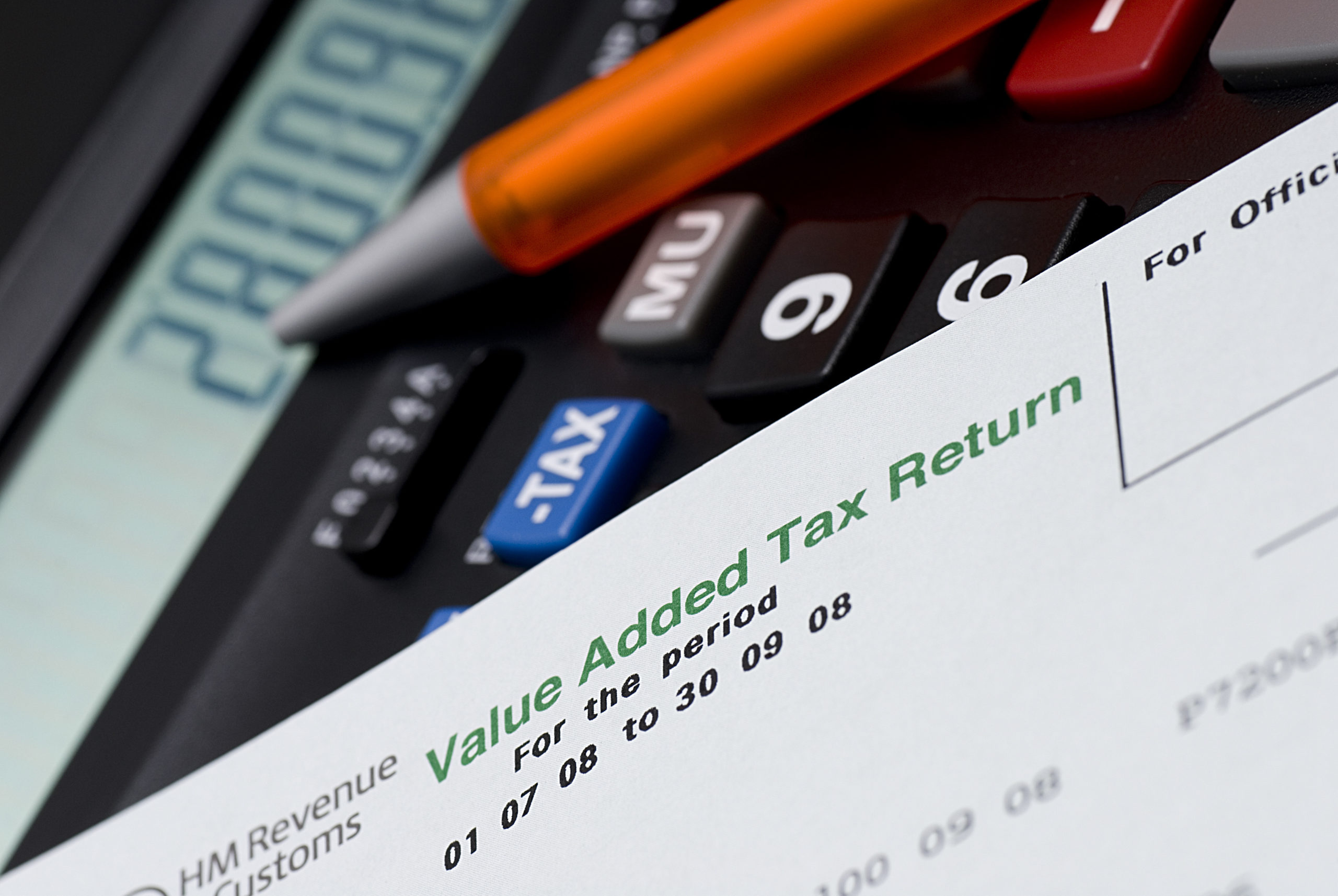Some of the key markers used to judge the health of the economy relate to basic stats around the number of new companies being registered, those going on to register for VAT and on the other end, the number of insolvencies.
If these are to be taken as indicators, then recently released data would suggest that things remain tough as the number of insolvencies in August was the highest in that month in four years and the number of VAT and PAYE registered businesses overall dropped by almost 40,000.
August marks rise in insolvencies
According to the Insolvency Service, company insolvencies in August increased by 33% compared to the prior month and were 19% higher than the period last year. The increases were spread across the board with both Compulsory and Voluntary liquidations (CVLs) on the rise as well as the appointment of administrators.
Whilst this latest spike is not bucking the trend, insolvencies have been rising steadily for some time as previously noted in our regular news posts, the rate of increase had seemed to slow a little in the summer, suggesting that we were heading towards something of a plateau. But this latest data set would point to the fact that companies are continuing to struggle with economic pressures from all angles including energy, shipping, costs, and higher duty levels.
VAT Registered Business Drops
At the same time as the data from the Insolvency Service was published, Tax engine and online VAT portal, VATCalc, revealed that there has been a drop of 40,000 VAT and PAYE-registered businesses in the UK, marking the first drop since 2011. This would appear to correlate with the continued rate of insolvencies, especially when you consider that small traders were the hardest hit demographic, alongside specific industries such as transport, IT, and the sciences.
But what else could be leading to so many companies seemingly disappearing from the VAT registration list?
- Anti-Fraud Efforts by HMRC
HMRC has, for some time, said it was going to take a tougher stance on fraudulent activity around VAT. So, this sudden drop could be the impact of them deliberately removing VAT registration from fraudulent companies. The overall number may of course be affected by fewer new companies registering for VAT too, which could point to HMRC ‘upping their game’ on anti-fraud measures, making it harder to register.
- IR35 begins to bite?
IR35 legislation may be having an impact on the number of companies setting up and subsequently registering for VAT and could also account for some of the losses as one-man-band operators close the business and move into salaried roles to avoid punitive taxation and added bureaucracy.
- Companies splitting to avoid VAT
We covered this topic recently in another blog post, largely due to the rise in queries around it as a subject. Since publishing that in March 2023, it’s been read more than four thousand times, on our website alone, indicating that more and more business owners are clearly looking at ways to stay under the VAT threshold and avoid registration. As that post makes clear, its not that straight forward and can result in all the companies being grouped together and treated as one. But clearly there is an undercurrent of feeling running fast in the business community that means registration is something to be avoided.
When all taken together, these latest stats certainly seem to point towards a continued period of uneasiness in the economy that sadly shows little sign of abating.
